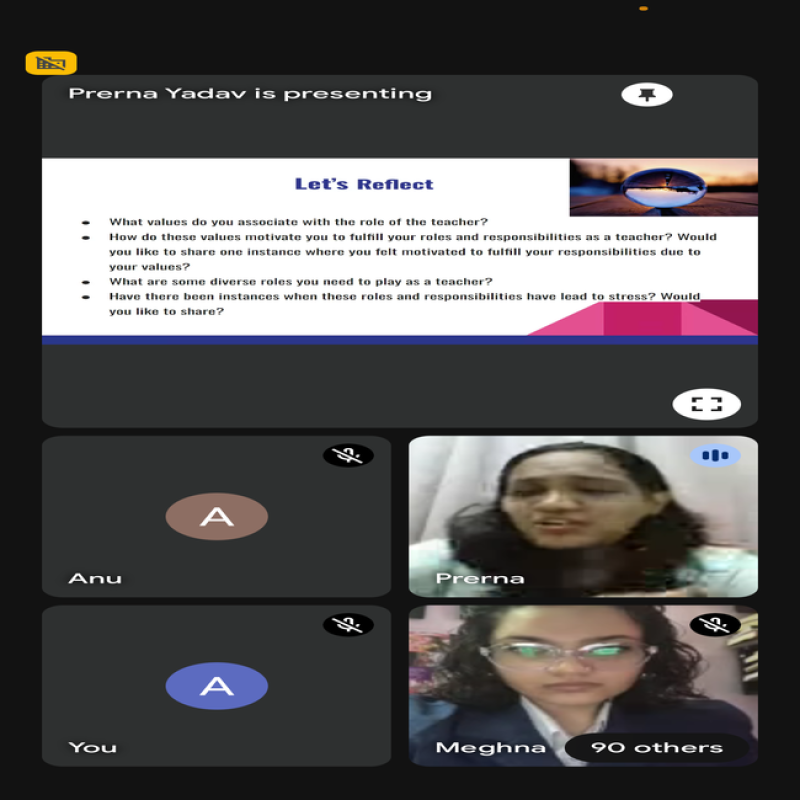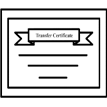Teacher Workshop Caring for the Caregiver Mental Health at the Workplace
A workshop titled "Caring for the Caregiver – Mental Health at the Workplace" was conducted online on 9th October 2024 to address mental health challenges faced by teachers, particularly post-COVID. It emphasised strategies for maintaining a balance between personal and professional life and offered insights on how teachers can safeguard their mental well being.
Key learnings from the workshop:
1. Maintaining personal and professional boundaries.
Teachers were encouraged to separate their work from their home life. It was highlighted that work burdens at home can lead to burnout and affect both personal relationships and professional efficiency. Establishing clear boundaries between school and home is essential for long term well being.
2. Challenges during COVID and online classes.
The workshop addressed the difficulties faced by teachers during online classes in the COVID-19 period. Despite these challenges, teachers successfully adapted, employing innovative digital tools and strategies to ensure that students remained engaged and continued learning.
3. Helping students socialise after COVID.
Upon returning to in-person classes, students struggled to socialise, having missed out on peer interactions during the lockdown. Teachers played a vital role in reintegrating students by fostering a supportive and inclusive classroom environment to help rebuild social skills.
4. Bridging Learning Gaps.
One of the major challenges after COVID-19 was bridging the learning gaps that emerged from online education. Teachers had to tailor their lessons, conduct assessments, and provide personalised support to help students catch up academically.
5. Managing Teacher Stress.
The workshop offered techniques for managing stress. Teachers were encouraged to adopt mindfulness practices, seek peer support, and establish routines to reduce stress. When feeling overwhelmed, teachers were advised to take regular breaks and reflect on their mental well being.
6. Challenges of Rejoining Classes Post-COVID.
Both teachers and students faced numerous challenges upon returning to physical classrooms. Adjusting to traditional classroom settings after prolonged online learning, addressing academic gaps, and reestablishing classroom discipline were significant hurdles. The mental health impact on both teachers and students was of central focus during this phase.
7. Time management.
Teachers were reminded to manage their time well, to prevent feeling overwhelmed. Delegating work, managing time efficiently, and avoiding burnout is paramount.
8. Setting Boundaries.
Setting firm boundaries is vital for maintaining mental health. Teachers were encouraged to define clear limits in terms of workload, availability, and expectations to prevent feeling overwhelmed and to protect their time.
9. Practicing Self-Compassion.
Lastly, the workshop emphasised the importance of self-compassion. Teachers were reminded to be kind to themselves, accept that mistakes are a part of the learning process, and prioritise their well being.
In conclusion, the workshop provided valuable strategies for teachers to care for their mental health, especially in the challenging post-COVID educational landscape. By implementing these techniques, teachers can create a healthier, more balanced environment for themselves and their students.











